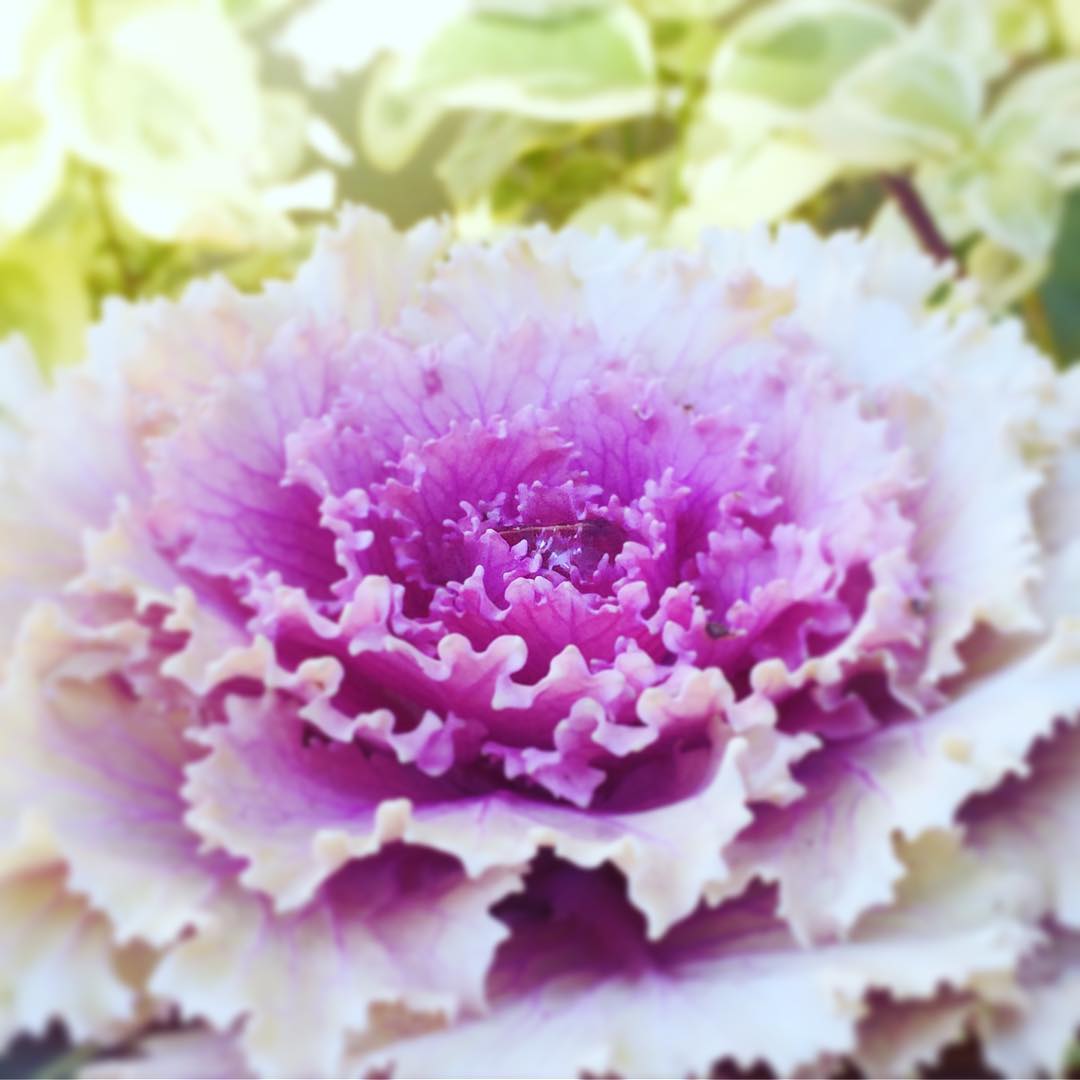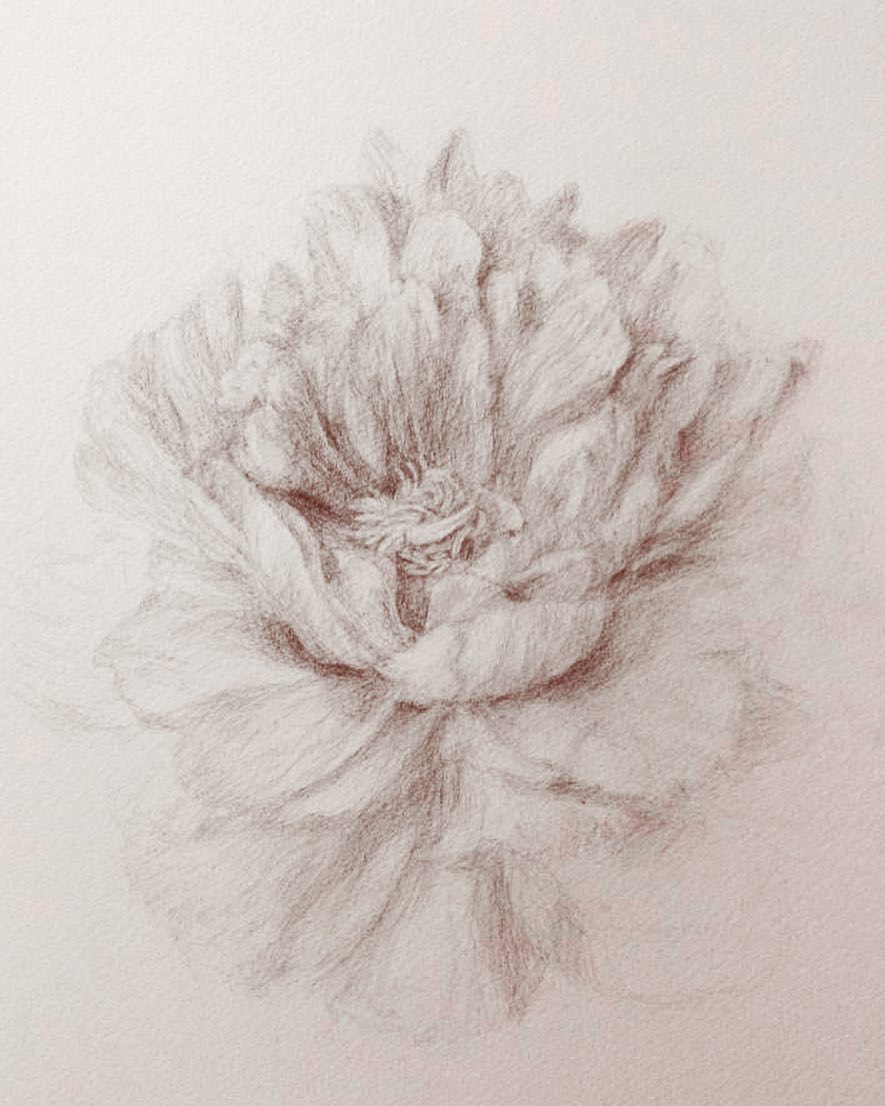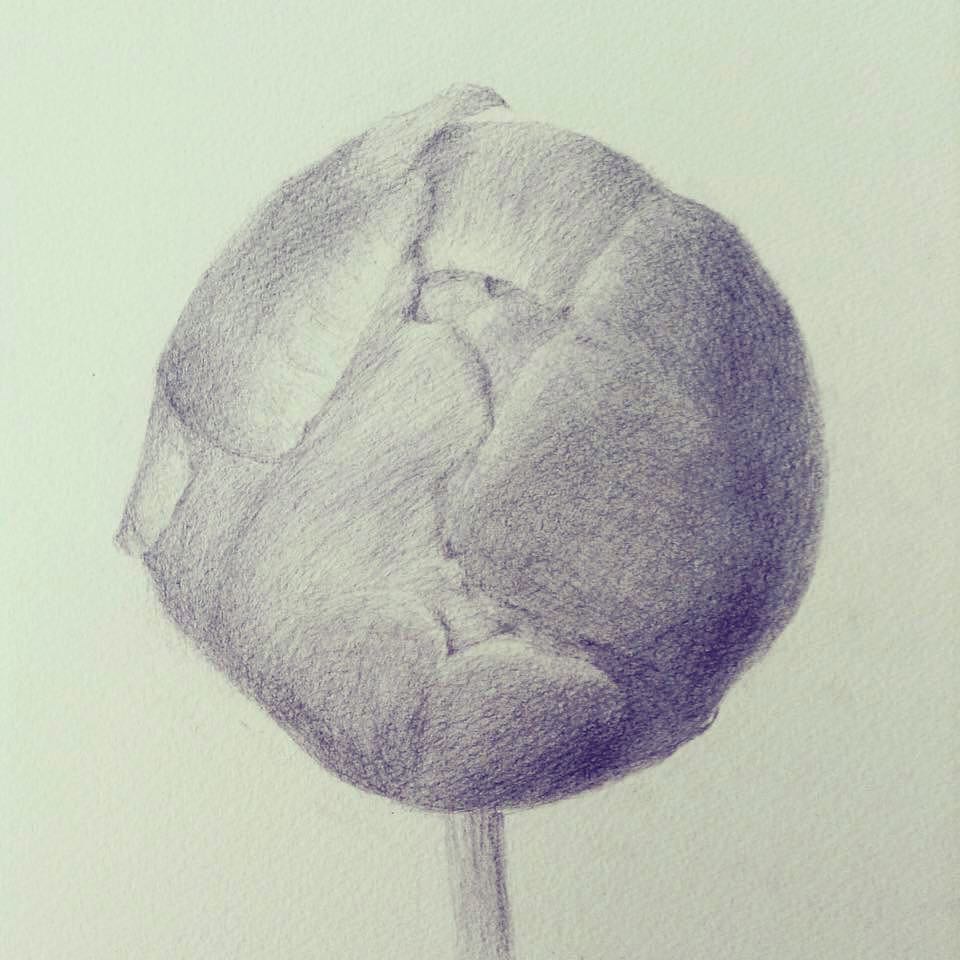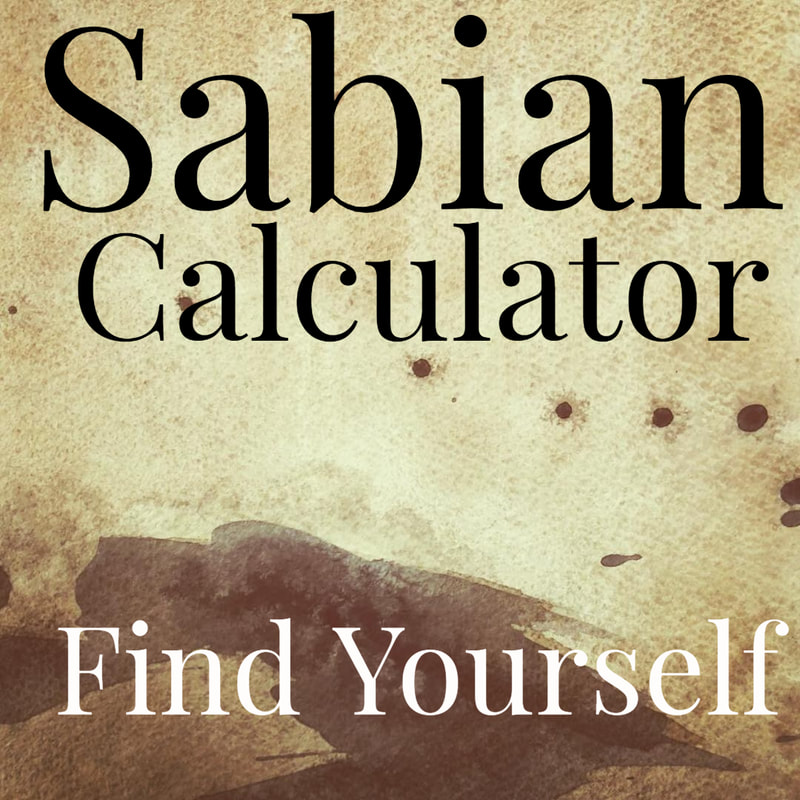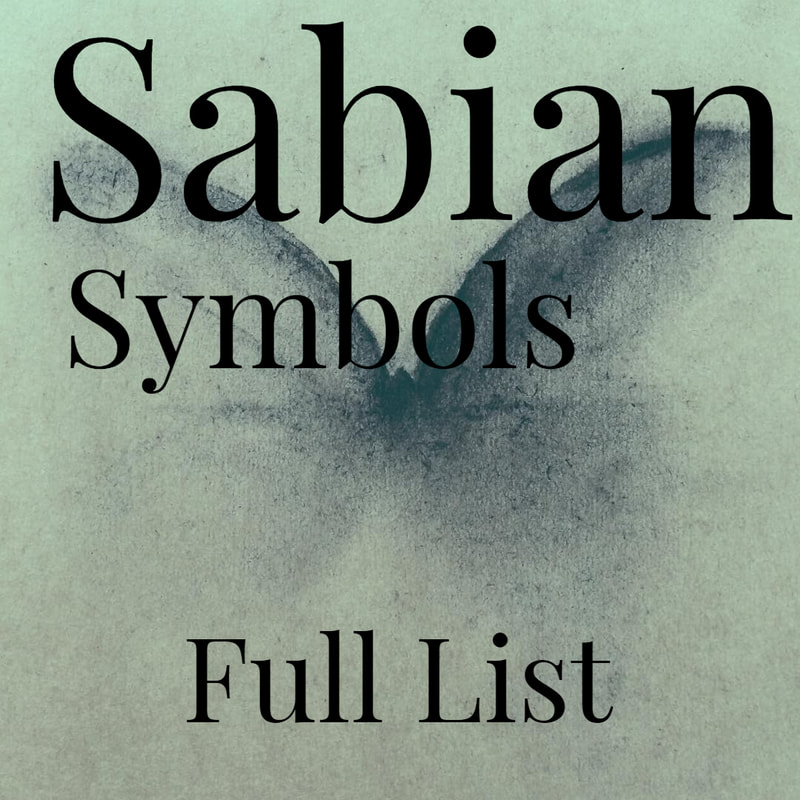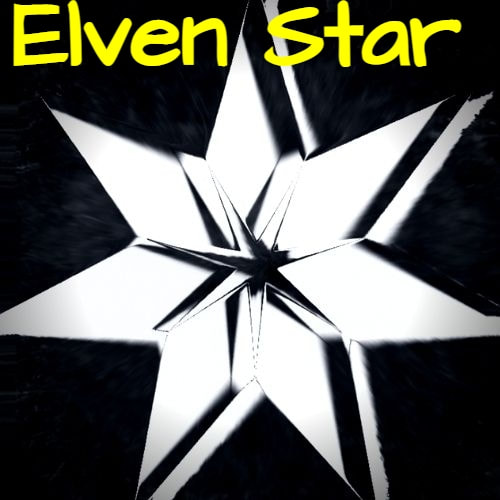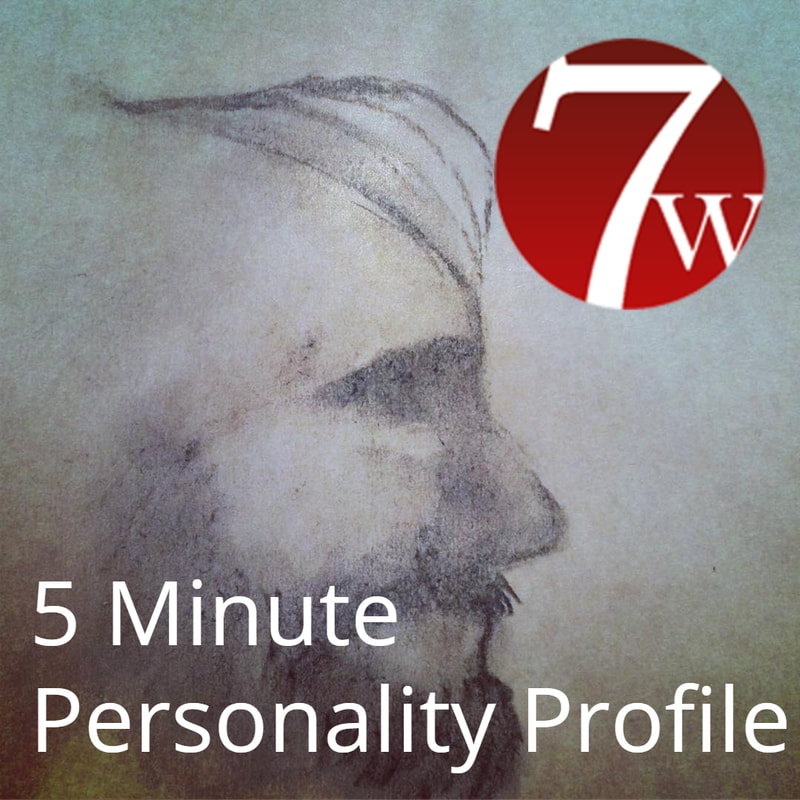7 Words Study: NoNever OverwhelmedThe Wrong Answer
UniquenessThere’s something very compelling about the need we feel to separate ourselves out by having an outer rim or ‘edge’, which determines that we are ‘not anything else’. If we are to express ourselves as unique individuals, then we do need to create and maintain boundaries.
Competition
Military
Defence against Intrusion
Who Am I?
Meaning of LifeWhat follows is ‘Who am I?’ Isn’t that the big question we ask ourselves — perhaps even as we ask ‘what is life’s meaning?’ It may be that to answer these questions separately is not really feasible because they are so intimately connected — that we choose both. So the ‘I’ is identified by a series of choices, it is a self-determined concept not given but won, chosen, created, and is identified by the behaviours, thoughts, beliefs and feelings that distinguish me from another. These arise out of the unique conscious and unconscious strategies of the ‘self’ as it struggles to become more aware. Every day in every life, each of us is tested by circumstances requiring a response, and in this way life demands of us the statements by which we create the exact contours of our unique identity.
Crossroads
Freedom, Involvement and Meaning
Keywords for NoBoundaries
We mark boundaries to establish where we draw the line. If challenged, this is where we make our stand—to confront and engage. We cannot depend upon our society’s justice system to take care of our needs for the maintenance of good boundaries, we ourselves have that responsibility and it requires us to be honest and forthright about our personal power. We need to use whatever strengths we have to defend our position and we need to be both firm and clear in the application of them in support of our statement of negation. Identity By the contours of our boundaries, we give definition to who we are. ‘Who am I?’ is a series of creative decisions, rather than simply an uncovering of something hidden. Identity is a living statement of a package of values that have repeatedly asserted themselves, constantly evolving and refining over a lifetime in order to give substance to some inner sense of ‘am-ness’, first described by qualities rather than identity. ‘Am true, am useful, am kind, am honourable’ are expressions of the fundamental building blocks of humanity that are seeking to be owned in a unique package by an individual ‘I’ Choice It is meaning that gives freedom to involvement. Without meaning, what is life? Without freedom, life is slavery. Without involvement, life is wasted. These 3 qualities are so interconnected that they can be seen as aspects of each other. We tend to choose what is meaningful to us—so that having chosen, our involvements feel like the expression of freedom rather than the loss of it. By these choices we make known to others, and ourselves, the truth of who we are. In other words, our choices speak the truth of who and what we are, and we make them by saying No. Truth To know truth all we need is to surrender to it, because it is all around us in every moment in everything we perceive and experience. We need to be highly attuned to be conscious of what is actually happening and to know that we are part of the greater whole. Such sensitivity is not easily accessible, and yet it is the unfolding towards such sensitivity that makes a spiritual path the most fascinating of all adventures. Self-ConfidenceOur natural condition is one of self-confidence, evidenced by babies and young children, who are often fearless to the point of recklessness. In order to reclaim and build upon it, we need to practise the four keywords of No, which will establish strong enforceable boundaries, and a clear awareness of who we uniquely are, and what we choose to feel and think about things, irrespective of pressure from peers, parents and politics. The final test, which can raise us up to become very commanding and impressive spiritual beings, is to speak only the truth in every situation. This is not only evidence of confidence, it also builds it. And make no mistake, confidence is power.
Life LessonsWe recognise the absence of a quality in calling it weak, and in this section give a few clues to describe the types of problems or occurrences associated with a person who exhibits such weaknesses. The words can also show as strong but, with a distorted expression of the principle, weaknesses and distortions manifest personally and globally.
WEAKNESSES Typical issues Giving in too much to persuasion and pressure, not knowing what to stand for, unable to make choices, inability to distinguish truth from hoax. If we are weak with any of these words, we tend to be weak in both ways – so we neither give nor receive respect if No is weak. Weak boundaries mean that we get invaded; we cannot protect ourselves or our situations, and feel less of a person because of it. We lose self-respect and self-confidence and cannot stand up for what we believe in. So we give up belief in anything and drift through life as a resource for others to exploit according to their desires not ours. The personality lacks backbone and cannot be considered strong or dependable. Anger is frequently felt, yet rarely expressed effectively; the person is not taken very seriously and lacks integrity and personal power. Dysfunctions This section of each chapter is about strong but distorted expressions of the words. For example, whereas a weak No has difficulty maintaining boundaries, uncertainty about identity and makes no clear choices, a strong, yet dysfunctional No may be seen as bullying authoritarianism and severity of discipline, generally having arisen through over-strict parenting. If a child is raised by parents whose general demeanour is of this type then to a degree, the child will necessarily take on those qualities, either in the active or passive sense. In the self-abusive case, the child will grow to become an adult who continues to be subjected to strict authority and bullying. In the abusive case, the child grows to become what they perceived either or both parents to have been: dominating and controlling people, denying independence of identity, intruding upon others without regard for their boundaries. In practice these two modes of behaviour alternate within one person, although one will be more frequently visible. Global issues War, theft, rape, and bullying…these are examples of what can arise where boundaries are weak. There is no solution to be found in taking the moral high ground and saying that the aggressor is to blame. It doesn’t work. Simply put, he must be stopped. There needs to be a very strong No, if we are to be safe from intrusion. Rather than deplore the aggression, we need to do whatever is needed to avoid being a victim, and to keep out the invader. Whatever is needed. If persuasive words and peaceful demonstrations are enough, that’s good. If not then significant effective pressure must be applied to protect against the force of those who intend to invade. |
Make Contact |
Privacy and Data Protection
|
Elven Mystery School - About Us
|



